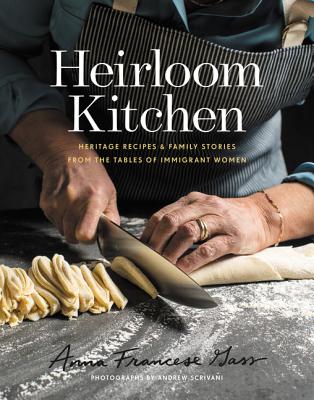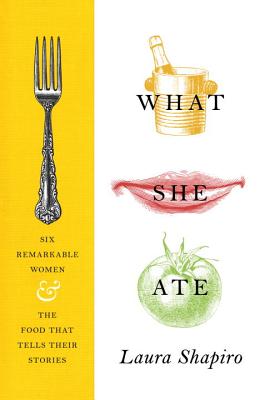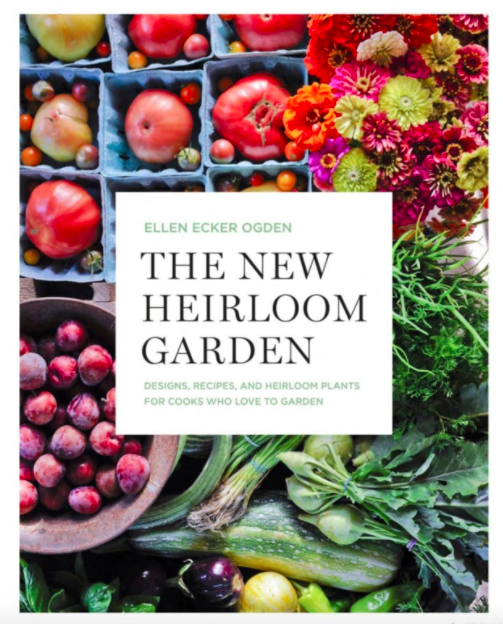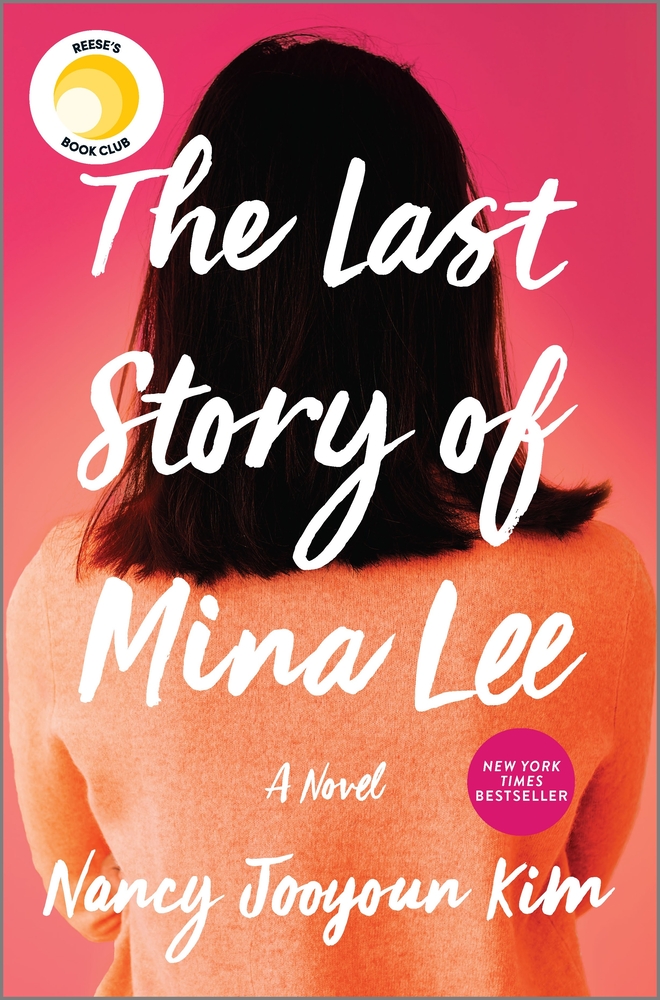Slow Books: Spring Recommendations
The Slow Books curators have hand-picked recommended readings to add to your spring reading list! Below you’ll find a list of books that pair well with the issues that we’re talking about and celebrating each month at Slow Food.
Click the book covers below to go to find them on the Slow Food USA Bookshop page. Bookshop.org sources from local independently owned bookstores to secure your title, and by purchasing through the Slow Food USA affiliate page, you are also supporting our organization at the same time (everybody wins)!
February
Black History Month + Slow Seed
Parable of the Sower
by Octavia Butler
Though it may not seem related to food at the outset, this vibrant, racing apocalyptic tale is, at its heart, about food sovereignty and security. Octavia Butler is a magician with words—it is one of the few books in recent years that I have read cover to cover in one sitting. Parable of the Sower is an epic cross-country adventure and a story of community and resilience.
Recommended by Cedar Schimke
March
Women’s History Month
Heirloom Kitchen: Heritage Recipes and Family Stories from the Tables of Immigrant Women
by Anna Francese Gass
In Heirloom Kitchen, Anna brings together the stories and dishes of forty strong, exceptional women, all immigrants to the United States, whose heirloom recipes have helped shape the landscape of American food. In addition to the recipes, these women share their recollections of coming to America—stories of hardship and happiness—that illuminate the power of food, and how cooking became a comfort and a respite in a new land for these women, as well as a tether to their native cultural identities
Recommended by Margaret Woodruff
Women’s History Month
What She Ate: Six Remarkable Women and the Food That Tells Their Stories
by Laura Shapiro
A culinary historian’s short takes on six famous women through the lens of food and cooking—what they ate and how their attitudes toward food offer surprising new insights into their lives.
It’s a lively and unpredictable array of women; what they have in common with one another (and us) is a powerful relationship with food. They include Dorothy Wordsworth, whose food story transforms our picture of the life she shared with her famous poet brother; Rosa Lewis, the Edwardian-era Cockney caterer who cooked her way up the social ladder; Eleanor Roosevelt, First Lady and rigorous protector of the worst cook in White House history; Eva Braun, Hitler’s mistress, who challenges our warm associations of food, family, and table; Barbara Pym, whose witty books upend a host of stereotypes about postwar British cuisine; and Helen Gurley Brown, the editor of Cosmopolitan, whose commitment to “having it all” meant having almost nothing on the plate except a supersized portion of diet gelatin.
Recommended by Margaret Woodruff
Women’s History Month
Women on Food: Charlotte Druckman and 115 Writers, Chefs, Critics, Television Stars, and Eaters
by Charlotte Druckman
Exploring issues from the #MeToo movement, gender bias in division of labor and the workplace, and the underrepresentation of women of color in leadership, to cultural trends including food and travel shows, the intersection of fashion and food, and the evolution of food writing in the last few decades, Women on Food brings together food’s most vital female voices.
Recommended by Margaret Woodruff
Plant a Seed
The New Heirloom Garden: Designs, Recipes, and Heirloom Plants for Cooks Who Love to Garden
by Ellen Ecker Ogden
Experience real flavor from the food you grow, delight in the old-fashioned charm of fragrant flowers, add history to your landscape with heirloom vegetables, herbs and fruits. I love this book for its aesthetic and also for the Ark of Taste Garden and interviews with seed specialists, including Slow Food rep.
Recommended by Margaret Woodruff
Slow Fish
Four Fish: the Future of the Last Wild Food
by Paul Greenberg
In Four Fish, award-winning writer and lifelong fisherman Paul Greenberg takes us on a culinary journey, exploring the history of the fish that dominate our menus — salmon, sea bass, cod, and tuna — and investigating where each stands at this critical moment in time. Fish, Greenberg reveals, are the last truly wild food — for now. By examining the forces that get fish to our dinner tables, he shows how we can start to heal the oceans and fight for a world where healthy and sustainable seafood is the rule rather than the exception.
Recommended by Margaret Woodruff
April
Poetry + Gardening Month
The Comic Book Guide to Growing Food: Step-by-Step Vegetable Gardening for Everyone
by Joseph Tychonievich, illustrated by Liz Anna Kozik
For those who want to become “gardeners” but feel overwhelmed at doing so, this graphic novel style how-to is for you! Told against the narrative backdrop of two neighbors, Mia (a computer coder) and George (an avid gardener), you’ll get just the advice you need to get growing – from growing in containers (not mason jars), to learning how to construct and plant in raised beds, to where to source and what to buy as seeds vs. already sprouted plants. The back of the book includes an index of “cheat sheets” or pages where relevant info on specific topics exists, as well as resources and further reading to get up to speed on regional specifics, soil testing tips, seed sources and other helpful websites and resources. Now that spring is here, now is the time to plan your container or backyard garden, and this comic book gives you practical advice in a fun, entertaining and easy to understand way.
Recommended by Katie Johnson
May
Asian American & Pacific Islander Heritage Month
The Last Story of Mina Lee
by Nancy Jooyoun Kim
The novel The Last Story of Mina Lee tells the tale of Korean immigrant, Mina Lee, who fled a very difficult life in her home country and started a new one in Los Angeles with its own set of challenges. The story alternates between her perspective and that of her American-born daughter Margot. As a bonus there are a ton of names/descriptions of Korean and other food thrown in, as well as a mystery to solve! Kim’s novel illustrates the power and love of food as it relates to the immigrant’s experience.
Recommended by Tammy Maitland








